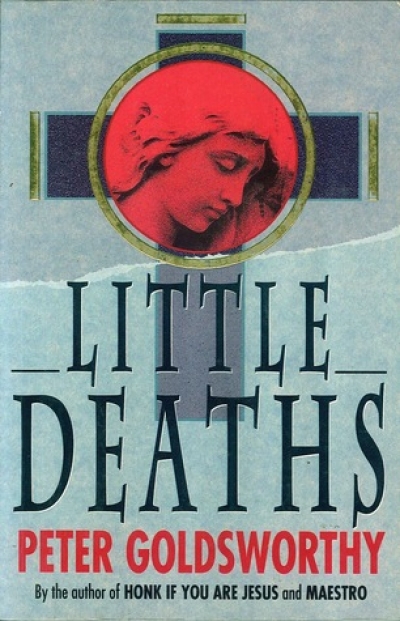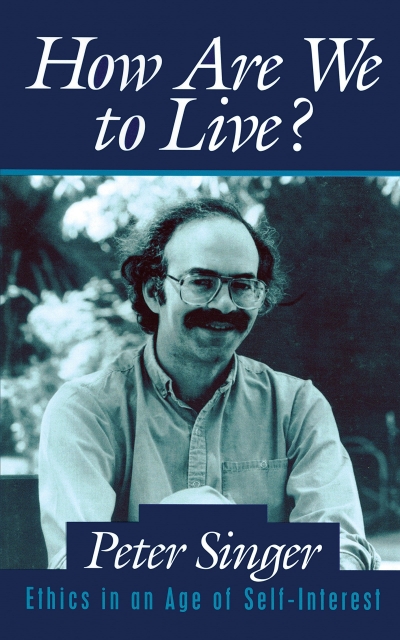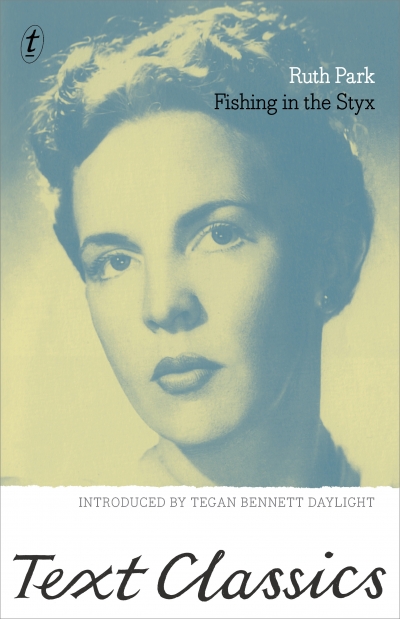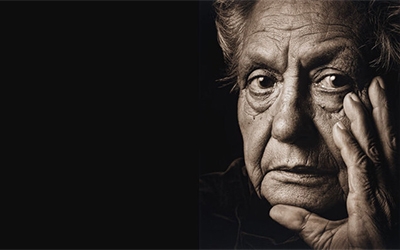Archive
In October 1993 I picked up a copy of Window, the ‘Weekly Hong Kong Newsmagazine with Exclusive Coverage of China’ and found in the Business and Finance section a Profile, ‘Bob Hawke’s Eagle Eye in Asia’. There was a photograph of the Eagle, who described himself as a ‘business commentator and facilitator of increased enmeshment in Asia’. This was certainly a confident label. Reading on I discovered that Hawke saw himself as ‘overwhelmingly responsible for the vision of Australia as part of Asia’. He told the reporter than in his first days as Prime Minister he had used the phrase, ‘our future lies in enmeshment with Asia’, a sentiment that was at first greeted sceptically, but now, Hawke claimed, ‘no one questions the wisdom and correctness of Hawke’s vision. No one.’ Emphatic stuff, claiming sole credit for long term shifts in opinion and cultural practice, while dismissing the doubters. If that was all there was to my theme, this would be a very brief history indeed.
... (read more)The Elephant Vanishes by Haruki Murakami, translated by Alfred Birnbaum and Jay Rubin
How Are We To Live?: Ethics in an age of self-interest by Peter Singer
Despite the importance of her poetry and prose, Oodgeroo’s experiences were much more than a catalogue of achievements in European terms. Her life, often hard fought, was one of enjoyment as well as pain, of laughter as well as sorrow. Oodgeroo had a wonderful sense of humour; it was, like the title of Ruby Langford’s latest book, ‘real deadly’. She was always able to use this to advantage, to embarrass stuffy politicos, to get action, to explode stereotypes of Aboriginal people. At the same time, she related to young people better than anyone else I have ever met. She told stories, she entertained, she challenged and always threw down the gauntlet. I’ll never forget the day she was involved in a radio hook-up with children from all over Queensland and was coaching aspiring young poets over the phone: ‘That’s a great piece – now you keep writing! Never forget; you do what your teachers say, because knowledge is power. Now, go out and get some!’
... (read more)








